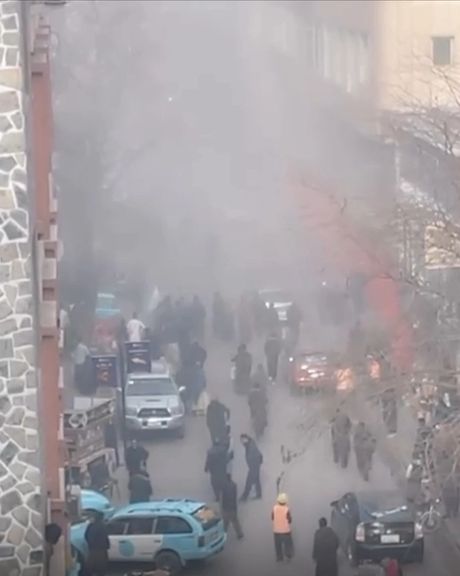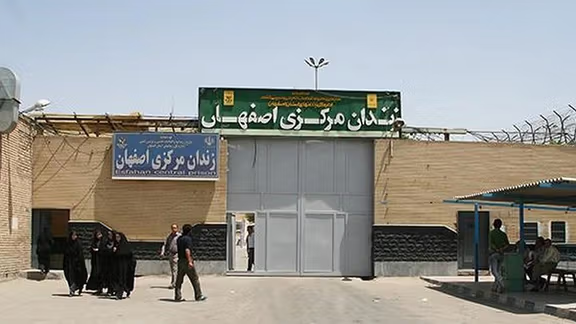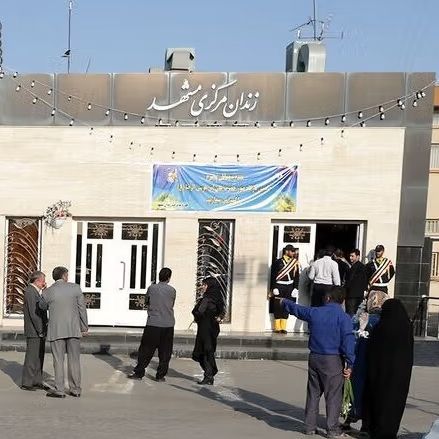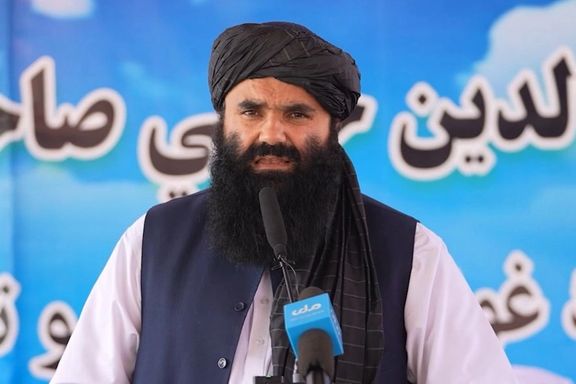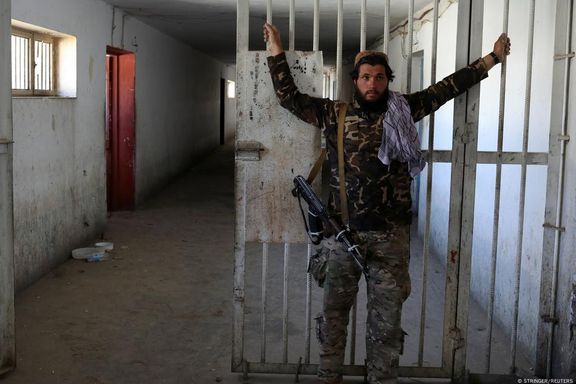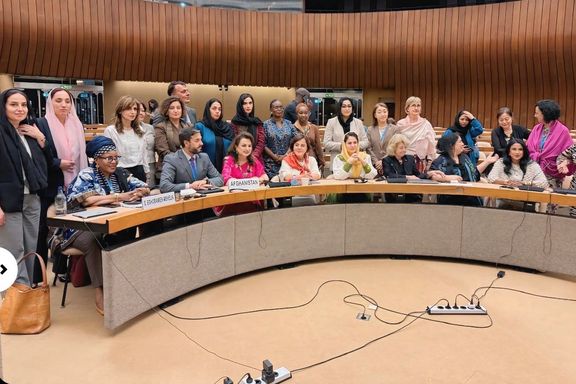The report, released Wednesday, is based on interviews with 34 former detainees including seven women who were held between August 2021 and January 2025. Of those interviewed, 33 said they were detained without legal warrants, formal charges or access to fair trial procedures. Most had been held by Taliban intelligence operatives.
Rawadari’s findings indicate that torture was used not only as a tool for extracting forced confessions but also to suppress dissent, punish former government employees and intimidate critics of the Taliban. The group reported that detainees were subjected to beatings, electric shocks, sexual harassment, prolonged solitary confinement, food deprivation, and denial of medical care. Some were held in secret or private detention facilities with no access to legal counsel or judicial review.
According to the report, several individuals said they were transported to detention centres with black bags over their heads, often in the trunks of private vehicles. Fifteen detainees described this treatment as a deliberate attempt to degrade and humiliate. Twenty-seven said they had no access to a defence lawyer during proceedings, and in 24 cases, particularly those involving Taliban intelligence, the detainees said their cases were never brought before a court.
Rawadari noted that in some instances, Taliban intelligence agents tortured prisoners for entertainment, and harassment of some individuals continued even after their release. The report drew on testimony from individuals across 16 provinces who had spent anywhere from two hours to three years in custody.
The organisation stressed that there are currently no independent institutions inside Afghanistan capable of monitoring detention conditions or investigating abuses. It called on the international community to apply coordinated pressure on the Taliban to comply with international human rights obligations, especially the Convention Against Torture.
The Taliban have not commented on the report. The group has previously denied systematic abuse in its detention practices, claiming that prisoners are treated according to Islamic and Afghan law.

